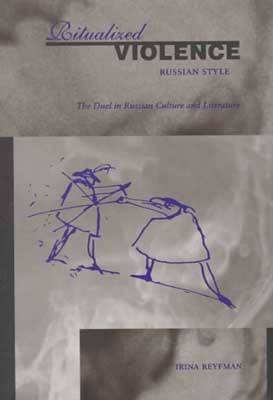To this day, Russian cultural memory has preserved a glamorous image of the Russian duelist: a gentleman, he is always true to his honor; he elegantly challenges his offender for some equally elegant indiscretion, behaves courageously and magnanimously at the dueling site, and shows fortitude in the face of possible punishment if he survives. In the Russian cultural imagination, dueling crossed the boundaries of purely aristocratic experience and acquired the status of heroic behavior representative of national character, as is shown in many works of literature and popular fiction, as well as scholarship. This book argues that the Russian duel acquired its enduring prestige because it served to define and to defend personal autonomy in a hierarchical state that lacked legal guarantees against corporal punishment. To fight a tradition that tolerated superiors punching and slapping their subordinates, Russian duelists embraced raw violence and incorporated it into dueling procedure, thus replacing the hierarchical and therefore humiliating violence of corporal punishment with the equalizing violence of the duel.
Once made reciprocal, a punishing gesture (such as a slap in the face) lost its capacity to impose a hierarchy of authority and became a means of promoting equality between the parties.
- ISBN10 0804734127
- ISBN13 9780804734127
- Publish Date November 1999
- Publish Status Active
- Out of Print 11 December 2011
- Publish Country US
- Imprint Stanford University Press
- Format Hardcover
- Pages 379
- Language English
